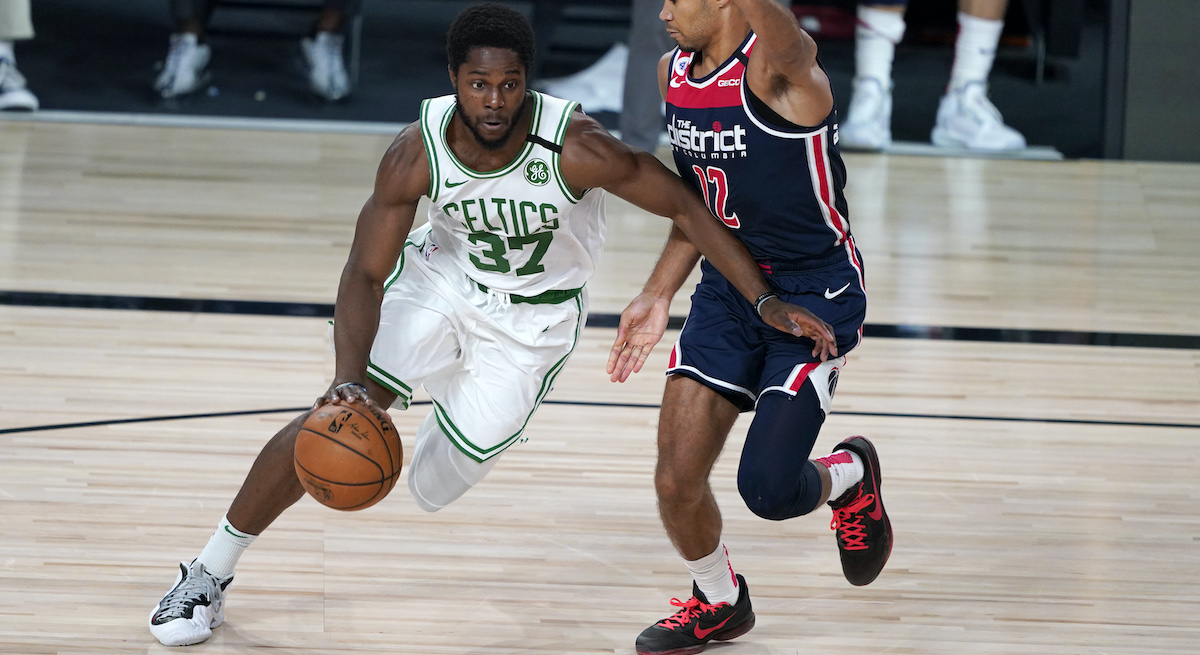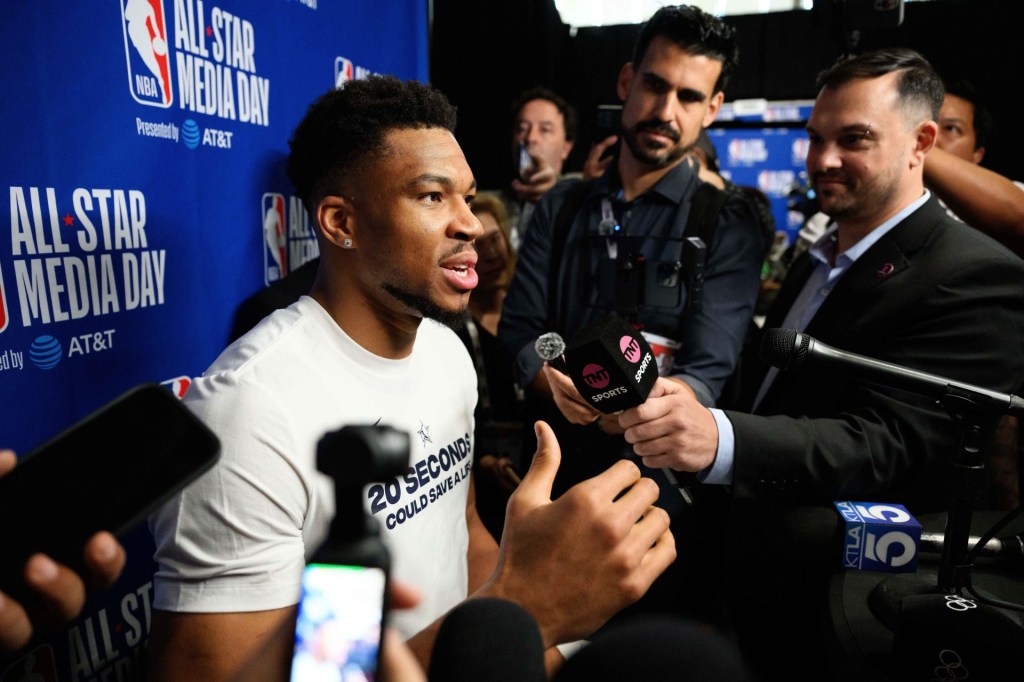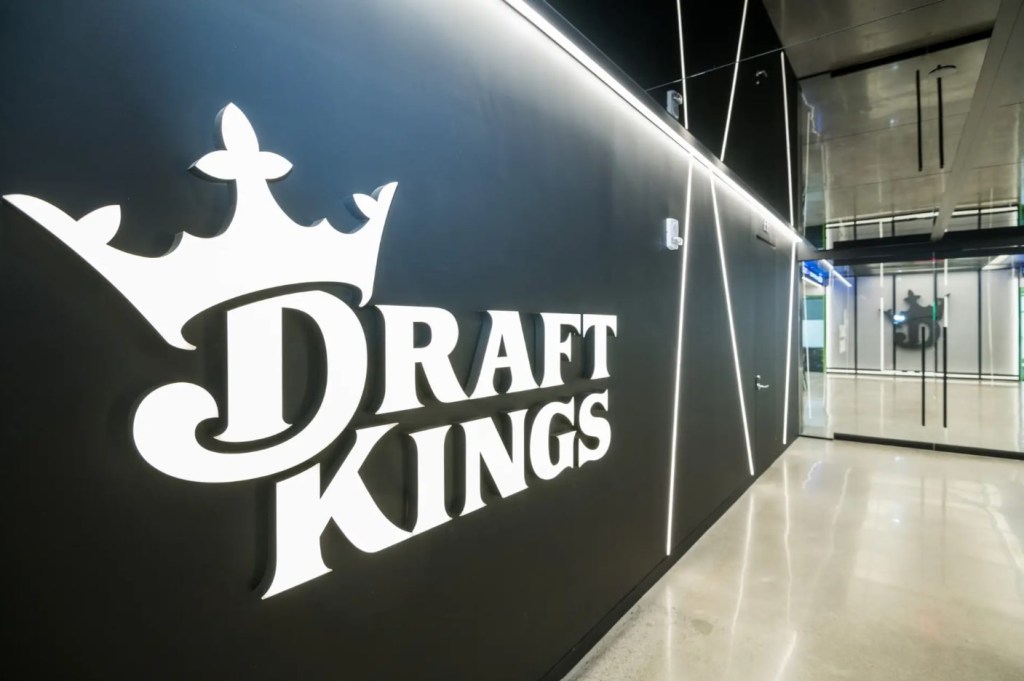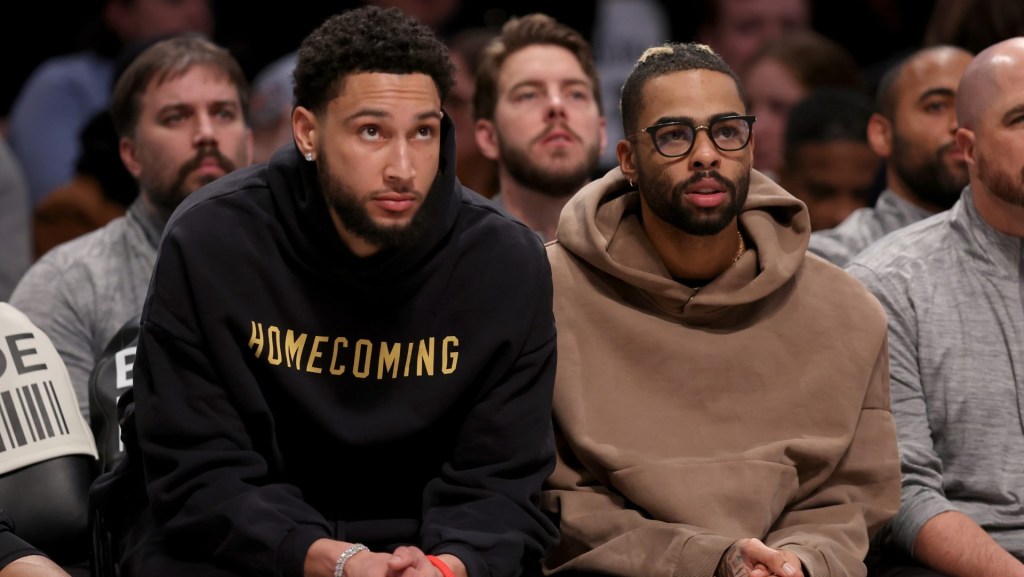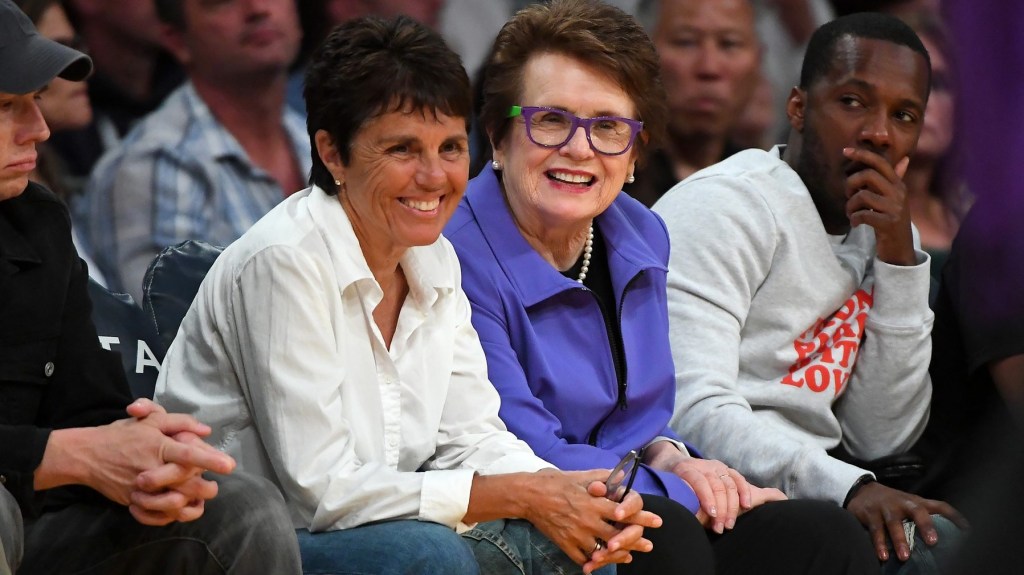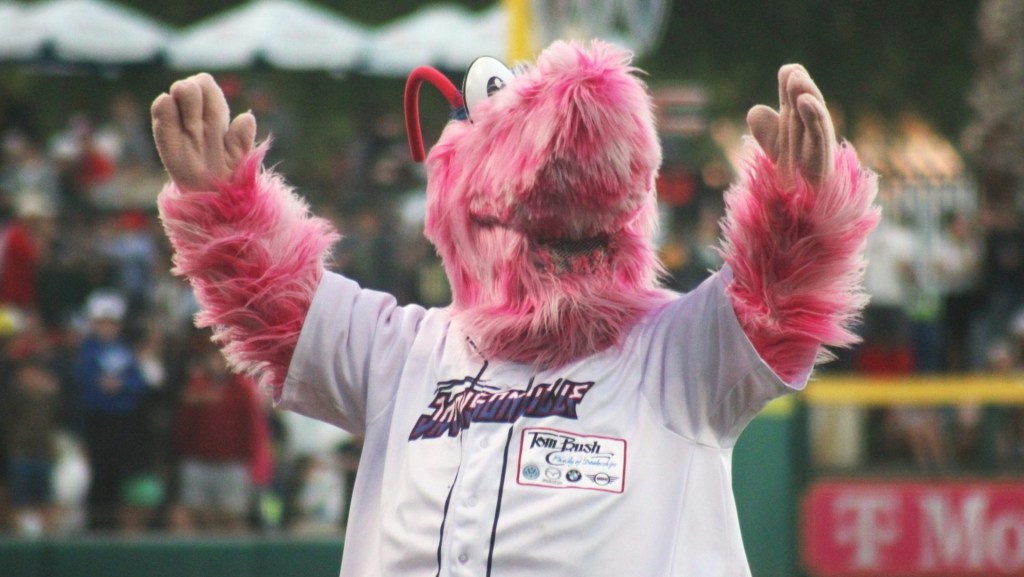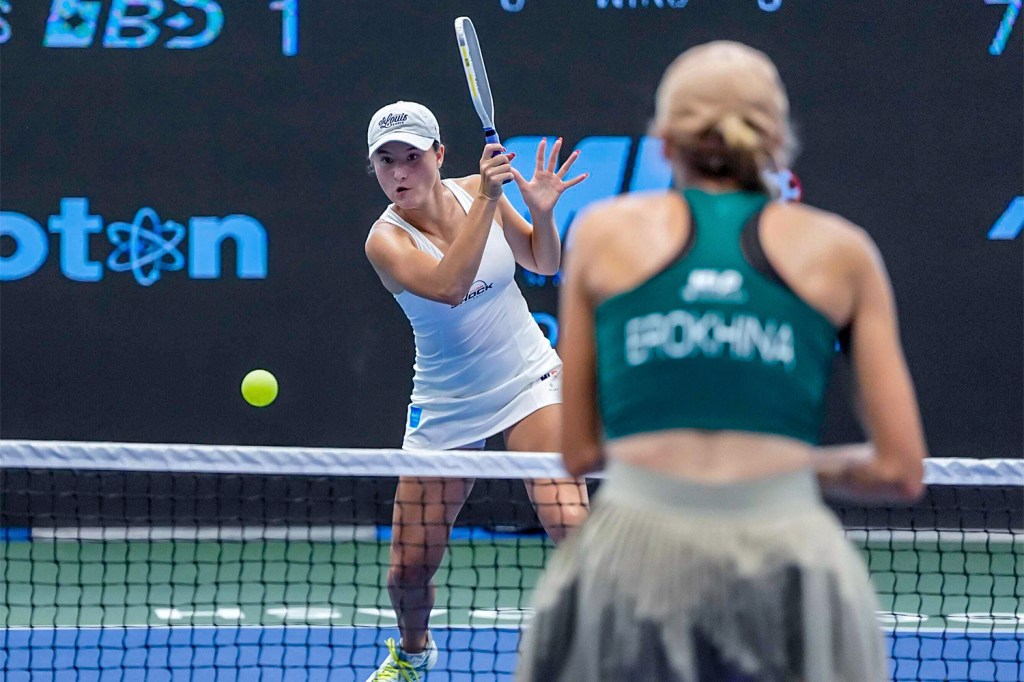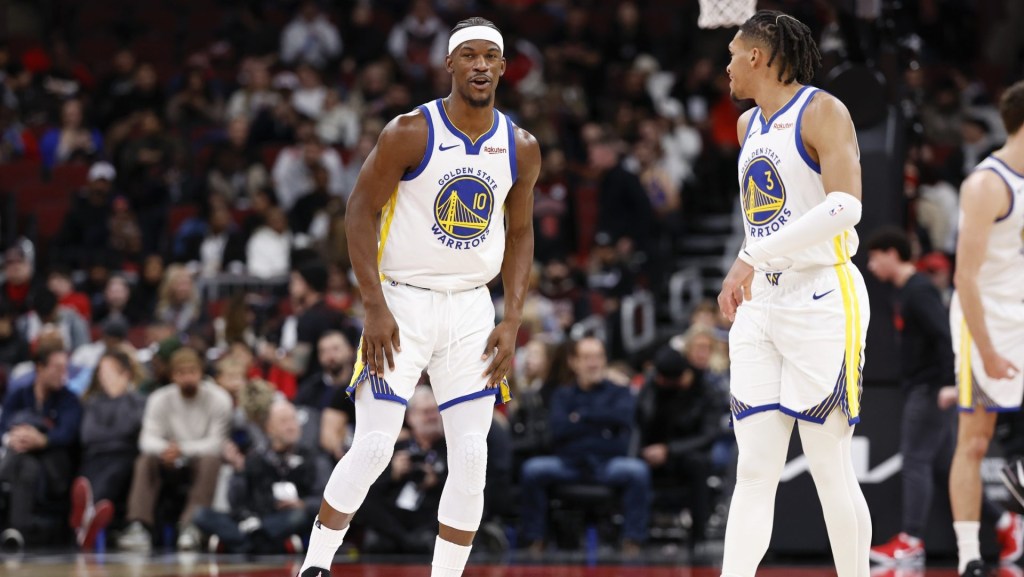Even without a normal load of NBA, NHL and MLB games during its 2020 fiscal second quarter, DraftKings reported nearly 25% revenue growth, generating $71 million.
Still, the company reported a loss of $161.4 million, up from a loss of $28.11 million last year, in the quarter that ended in June. The 55 cents per share loss was greater than the expected and DraftKing shares dropped 5% pre-market on Friday.
DraftKings shares have gained more than 70% since going public in April. Its market valuation is approximately $12 billion.
The revenue growth largely came from the company shifting with major sports leagues on the sidelines and offering new ways to engage with fans. DraftKings ended up offering new fantasy sports, as well as new products for NASCAR, golf, UFC and European soccer leagues.
“As a technology first organization, we will continue to focus on bringing new and innovative products to market that strengthen our engagement with customers and maintain our competitive differentiation,” DraftKings CEO Jason Robins said.
Along with a growing product portfolio in existing markets, DraftKings also launched sports betting in Colorado and iGaming in Pennsylvania. Currently in 10 states, it maintains top-two market share in those states in sports betting.
There’s plenty of optimism surrounding the rest of 2020 as the leagues that were shelved in the second quarter have started back up and are well into their respective seasons and playoffs. The return of sports has reportedly led to increased engagement from users.
DraftKings projects between $500 million and $540 million in revenue, which would be a growth of 22% to 37% year-over-year growth in the second half of the year. DraftKings has launched sports betting in Illinois and iGaming in West Virginia this quarter, and continues to work to launch sports betting in Michigan, Tennessee and Virginia.
Projections are strong and Robins is optimistic for the rest of the year, even as college football has lost at least two of the Power 5 conference football seasons.
With $1.2 billion in cash and no debt, Robins believes it can successfully navigate a fall without college sports.
